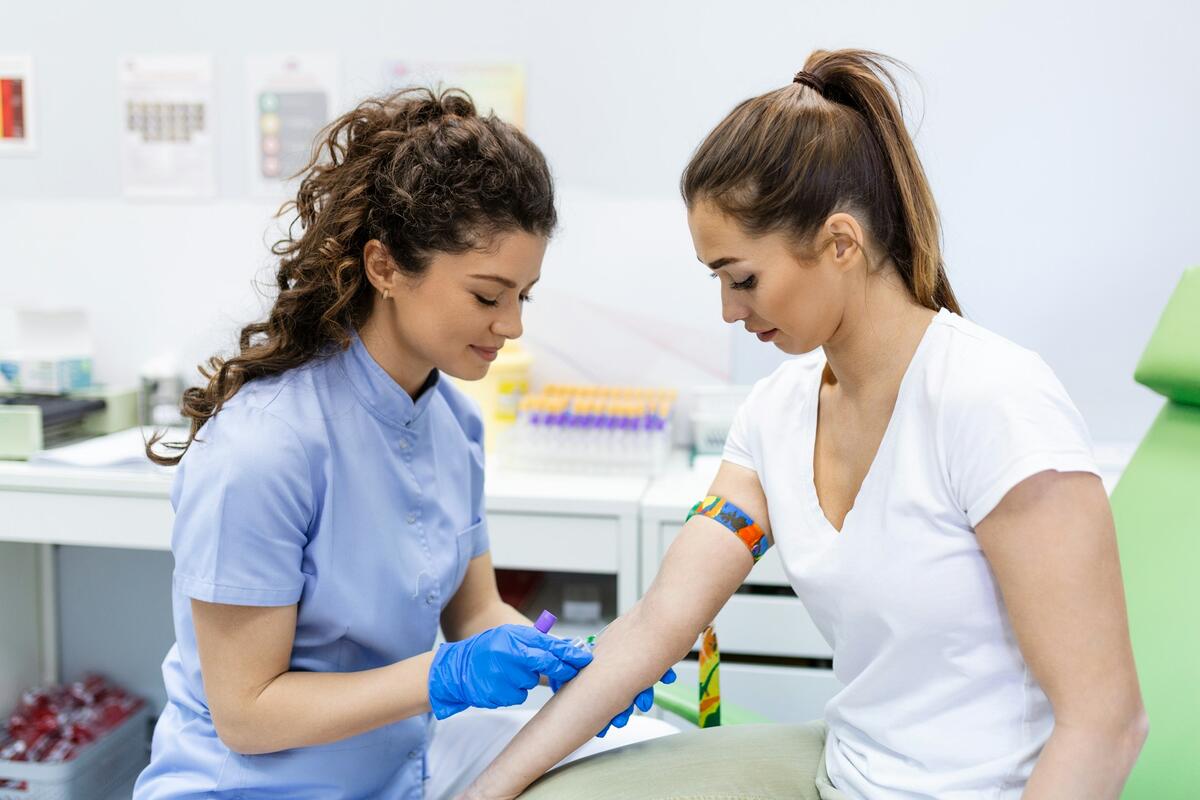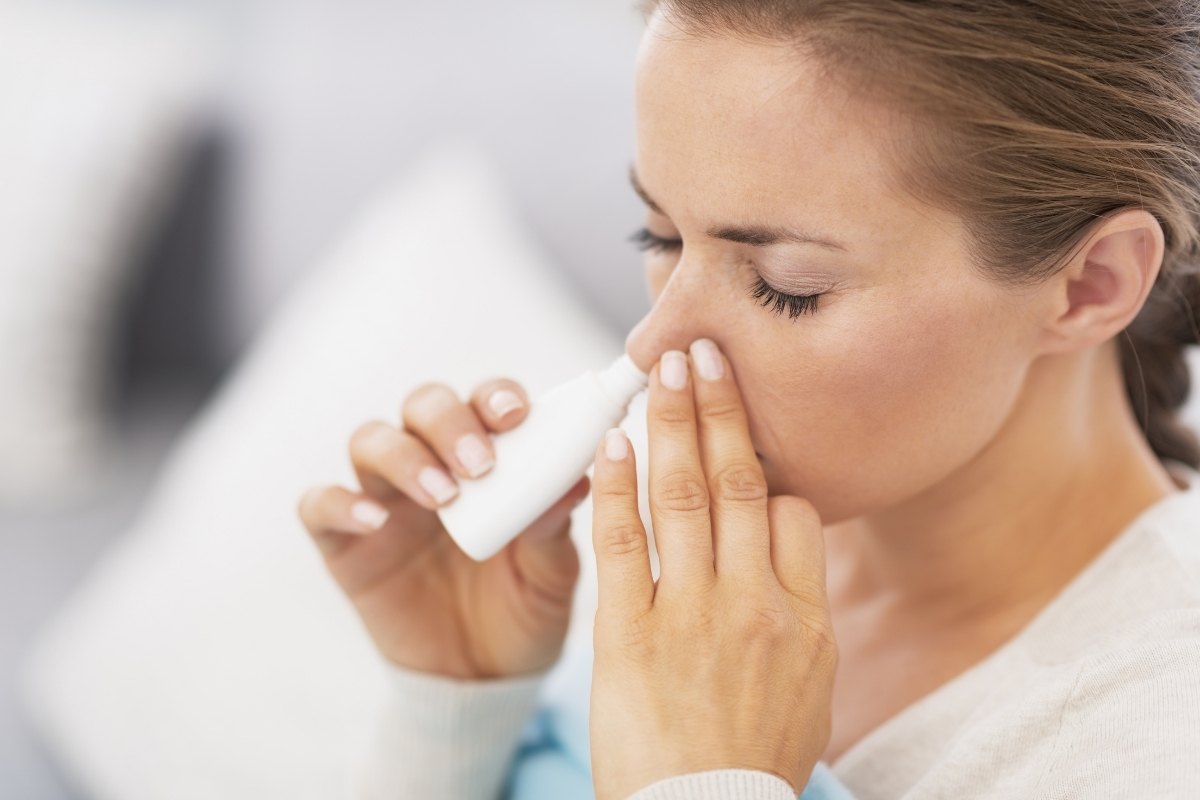[Disclaimer: This article is for informational purposes only and should not be considered medical advice. Always consult with a qualified healthcare provider before starting any peptide therapy or treatment for sexual health concerns.]
You’re not alone if you’ve been feeling less frisky than usual. Sexual dysfunction, including lack of libido, is pretty common – about 43% of women and 31% of men deal with it. That can hamper relationships and overall happiness.
But here’s where peptides come in.
Peptides are tiny protein-like compounds that are getting much attention lately, especially peptides for libido enhancement.
They interact with your body in ways that could perk up your energy, mood, and even sexual function. They might be worth trying if you want to spice things up in the bedroom.
TL;DR – Peptides for Libido
Peptides are short chains of amino acids that occur naturally in the body. Some mimic hormones and neurotransmitters to stimulate libido, erections, arousal, and pleasure.
- Peptides like PT-141, MT2, kisspeptin, and oxytocin show promise for enhancing sexual desire and function.
- Benefits include increased arousal, improved erectile function, enhanced orgasms, and better sexual satisfaction.
- Consult a doctor, start with low doses, and be aware of potential side effects.
- More research is still needed on long-term safety and efficacy.

Can Peptides Improve Your Sex Life?
You’ve likely heard about popular erection medications like Viagra. But science suggests that peptides can be even more effective for amping up libido and sexual function.
How do they work? Peptides act as chemical signals to wake up parts of the brain involved in sexual arousal, motivation, erections, and climax:
- Some peptides could directly stimulate key receptors that increase desire and heighten pleasure. Some boost blood flow for stronger, longer-lasting erections.
- Other peptides may help balance brain chemicals like dopamine and serotonin, which regulate arousal, mood, and sexual inhibition.
Multiple studies confirm that peptides can effectively treat symptoms of low libido and erectile dysfunction in both sexes. One standout is Melanotan-II, which scientists called a “potent initiator of erections.”
Another promising peptide is PT-141. In a phase 1 study with 32 healthy men, those who took 10 mg or 20 mg of PT-141 had much longer-lasting firm erections.
A follow-up phase 2A study showed even more impressive results. Men who took a 20 mg dose of PT-141 had firm erections lasting about 24 minutes on average – significantly longer than those who took a placebo.
We’ll talk about these in more detail in the later sections.
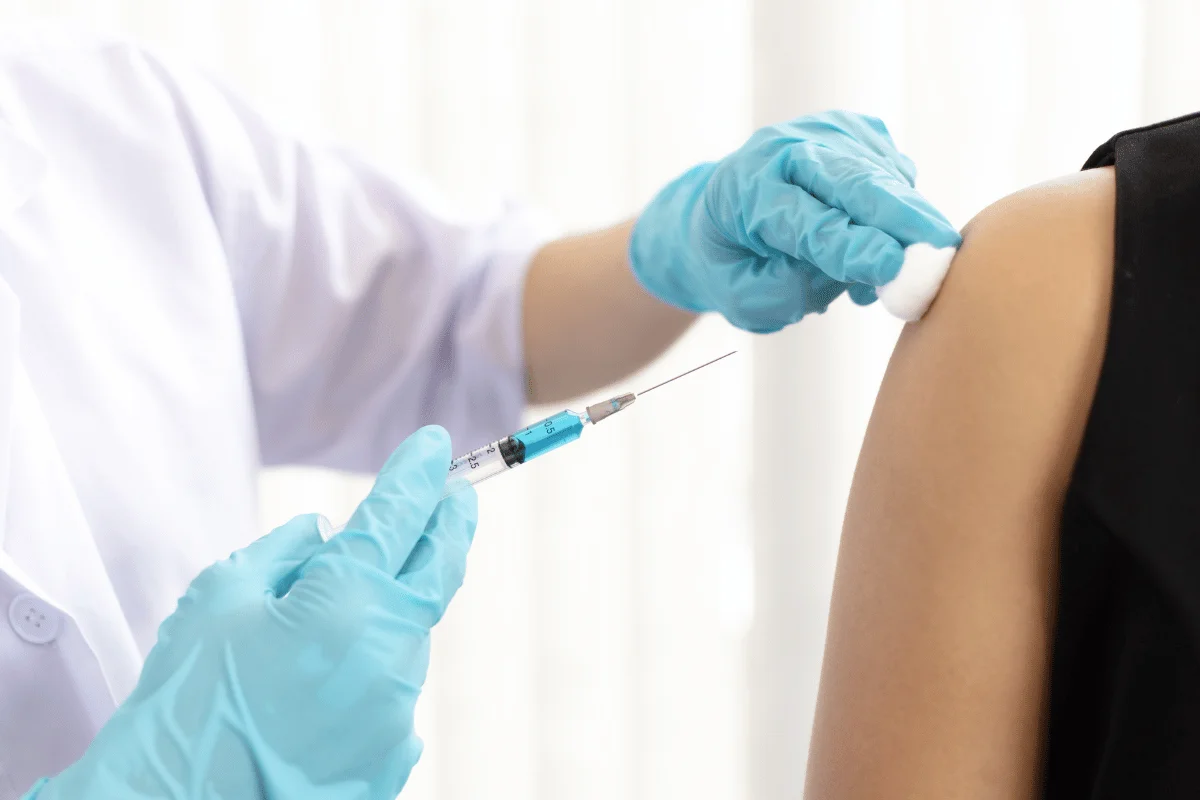
Benefits of Using Peptides for Sex Drive
Here are some of the most popular benefits of peptide treatment for spicing up your sex life:
- Increased Arousal and Desire: Peptides like PT-141 and kisspeptin work directly on the brain’s arousal centers to spark sexual interest.
- Improved Erectile Function: Some peptides enhance blood flow and nerve signaling to support stronger, longer-lasting erections.
- Enhanced Orgasms: Users report more intense and satisfying orgasms during sexual intercourse with oxytocin peptide.
- Better Lubrication: For women, peptides may increase natural lubrication for more comfortable intercourse.
- Heightened Sensitivity: Some peptides are thought to increase genital sensitivity for pleasurable sensations.
- Increased Sexual Satisfaction: Many users experience improved overall sexual satisfaction and relationship intimacy.
- Natural Alternative: Peptides offer a potential alternative or complement to traditional libido medications.
Individual results can vary, though. The effectiveness of peptides for libido may depend on factors like age, overall health, and the underlying cause of low sex drive.

Peptides for Male Libido
Men looking to boost their libido have several peptide options to consider:
PT-141
PT-141 is one of the most well-studied peptides for male sexual function. It works by activating melanocortin receptors in the brain, which regulate sexual behavior.
Key findings from clinical studies include:
- In a phase 1 study with 24 healthy men aged 21-45, those who received a 20 mg intranasal dose of PT-141 experienced erections lasting 137.67 minutes on average, compared to just 20.56 minutes in the placebo group.
- In ED patients, the 20 mg dose produced erections lasting an average of 53.75 minutes with ≥60% base rigidity, compared to 18.48 minutes for placebo.
- The effects of PT-141 typically started within approximately 30 minutes of dosing. In healthy males, erections (with no ejaculation events) exceeded 2 hours during a 6.5-hour evaluation period.
Note that individual responses can vary. Some people may need multiple doses before experiencing full effects. According to some users, it may work the second or third time after you take it.
There are some side effects of using this peptide. According to the FDA’s official documentation for PT-141, the most common adverse reactions include nausea (reported in 40% of users), flushing (20%), and headache (11%).
Most of these side effects were mild to moderate and did not cause people to stop treatment.
Kisspeptin-10
Kisspeptin-10 helps to kickstart the production of sex hormones in your body.
A study published in the Journal of Clinical Endocrinology and Metabolism involved giving healthy men different amounts of Kisspeptin-10 through an IV.
Here’s what they found:
- Even small doses (as low as 0.03 μg/kg) caused a significant increase in LH (Luteinizing Hormone), which is crucial for testosterone production.
- The sweet spot seemed to be around 1 μg/kg, which caused LH levels to triple in 30 minutes!
When they gave men a constant drip of Kisspeptin-10 for 22.5 hours:
- Testosterone levels increased from about 17 nmol/liter to 24 nmol/liter.
- The men started producing LH pulses more often, going from about 0.7 to 1 pulse per hour.
Higher testosterone and high LH levels usually translate to a higher sex drive. Plus, more frequent LH pulses might mean your body is in a more sexually primed state.
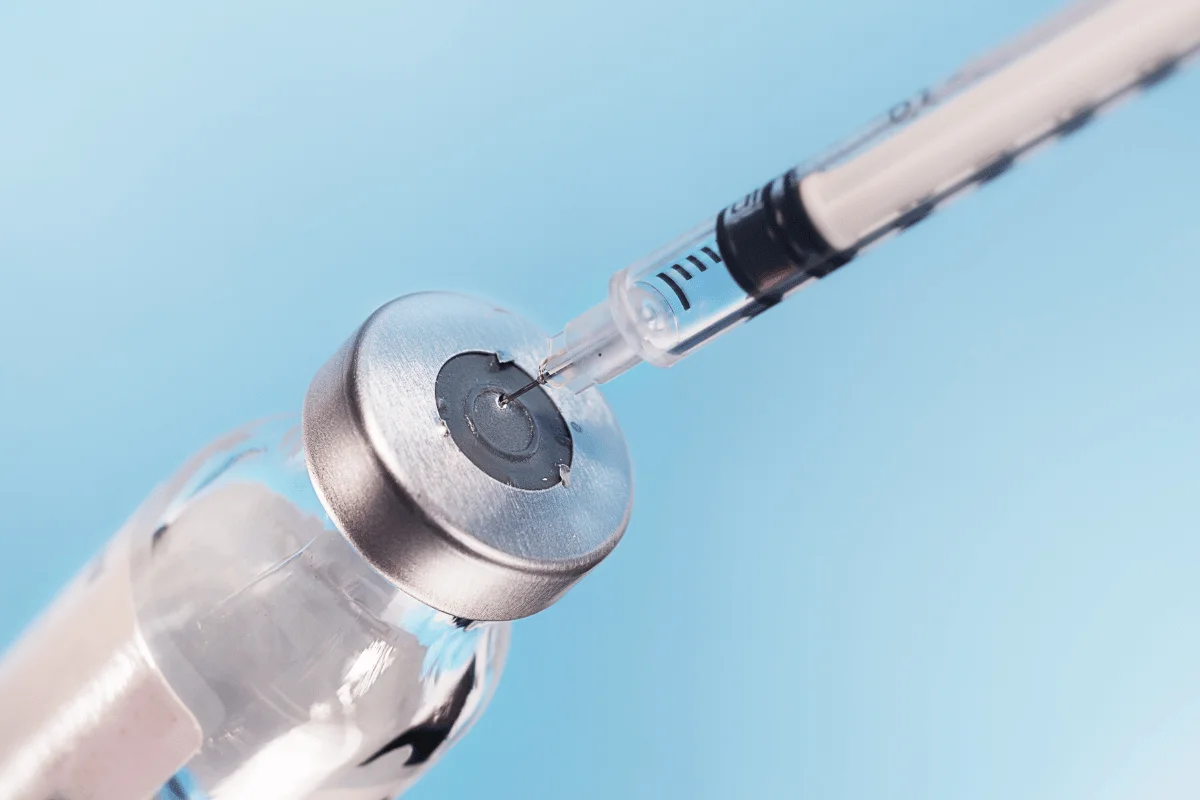
Peptides for ED
Up to 40% of men (by the time a man is in his 40’s) battle occasional erection difficulties.
Melanotan II is a peptide that has shown promise for improving male erectile dysfunction. This artificial peptide acts as an agonist (a substance that triggers a response when it binds to specific receptors) for melanocortin receptors, similar to PT-141.
In other words, it’s a lab-created molecule that mimics natural hormones in the body and activates specific receptors involved in sexual function.
Two key studies have investigated Melanotan II’s effects on libido and erectile dysfunction:
- In a study published in the International Journal of Impotence Research (2000), researchers tested Melanotan II on 20 men with both psychogenic and organic ED. The results were:
- 17 out of 20 men experienced penile erections without any sexual stimulation.
- On average, participants had firm erections (over 80% rigidity) lasting 41 minutes.
- 68% of Melanotan II doses resulted in increased sexual desire, compared to only 19% with a placebo.
- Side effects included nausea and yawning, with severe nausea occurring in 12.9% of subjects at a 0.025 mg/kg dose.
- An earlier study in the Journal of Urology (1998) focused specifically on men with psychogenic ED (erection problems caused by mental factors). This double-blind, placebo-controlled study found:
- 8 out of 10 men developed clinically apparent erections with Melanotan II.
- The average duration of very firm erections (over 80% rigidity) was 38 minutes with Melanotan II, compared to just 3 minutes with placebo.
Both studies conclude that Melanotan II is a powerful libido enhancer for men.
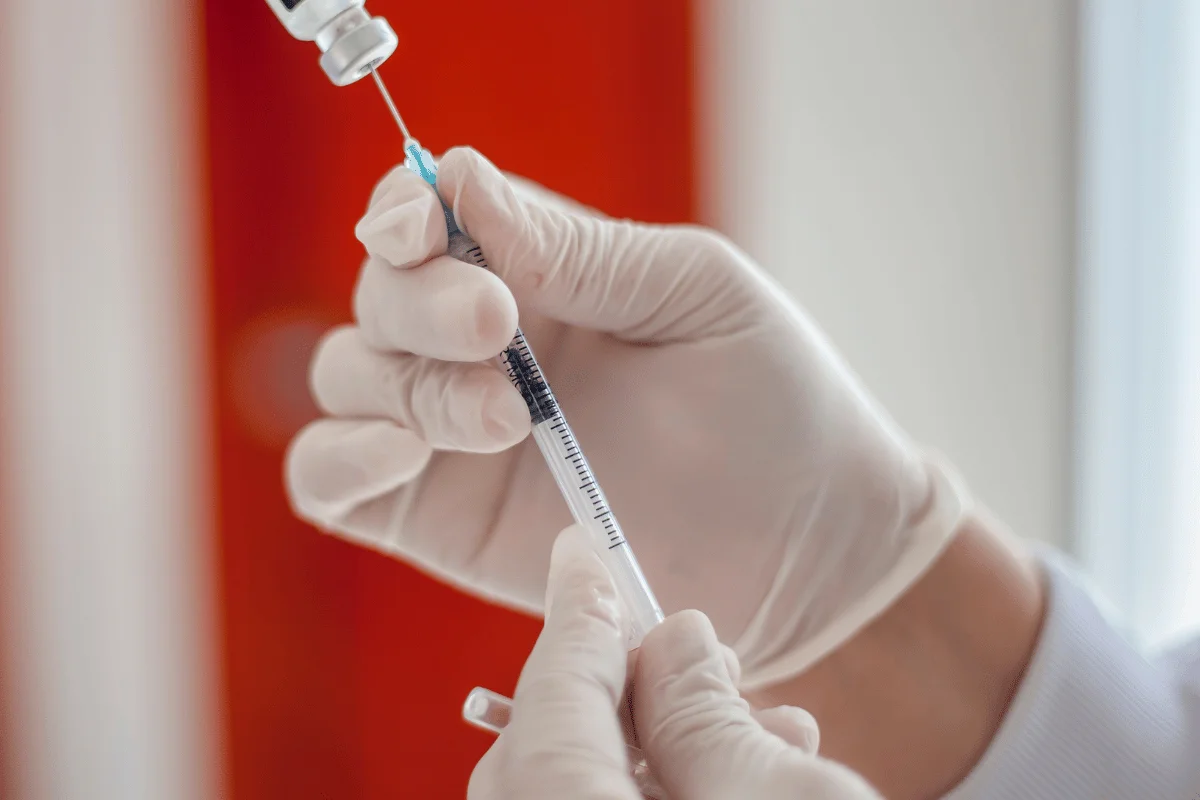
Popular Peptides for Female Libido
Women experiencing low libido may benefit from the following peptides:
Bremelanotide
Bremelanotide, or PT-141, is the same peptide we discussed in the male section. It has shown particularly promising results for treating female sexual dysfunction, especially hypoactive sexual desire disorder (HSDD).
Key findings from clinical trials include:
- In phase 3 trials (RECONNECT studies), premenopausal women with HSDD who took bremelanotide showed significant improvements:
- Increased sexual desire (measured by the Female Sexual Function Index–desire domain)
- Reduced distress related to low sexual desire
- These improvements were statistically significant compared to placebo (for both measures).
- The benefits of bremelanotide were sustained over long-term use:
- In a 52-week open-label extension study, women who continued using bremelanotide showed ongoing improvements in desire and reductions in distress.
- Women who switched from placebo to bremelanotide quickly achieved similar benefits.
- Dosage and administration:
- The recommended dose is 1.75 mg injected subcutaneously at least 45 minutes before anticipated sexual activity.
- It should not be used more than once per 24 hours or 8 times per month.
- Safety profile:
- The most common side effects were nausea (40%), flushing (20%), and headache (12%).
- No significant long-term safety concerns were identified in studies lasting up to 76 weeks.
Bremelanotide received FDA approval in 2019 under the brand name Vyleesi, specifically for treating low sexual desire in premenopausal women.
Its ability to directly target brain pathways involved in sexual desire makes it a unique and promising option for women struggling with low libido.

Oxytocin
Oxytocin, often called the “love hormone,” is another peptide that shows promise for enhancing female libido.
While it’s best known for its role in childbirth and breastfeeding, research suggests it also plays a significant part in sexual arousal and satisfaction.
- A study published in Gynecologic and Obstetric Investigation found that oxytocin levels in women’s blood significantly increased after sexual stimulation and orgasm.
The researchers measured oxytocin levels in 12 healthy women before and after sexual activity. One minute after orgasm, oxytocin levels were significantly higher than baseline. This suggests oxytocin is heavily involved in the human sexual response.
- A more comprehensive study published in Hormones and Behavior examined the effects of oxytocin given as a nasal spray on sexual experiences in couples.
It didn’t affect basic sexual functions like drive or lubrication, but oxytocin did impact other aspects of the sexual experience.
Women reported increased intensity of orgasm, greater contentment after sex, and feeling more relaxed. Some women also said they were better able to share sexual desires and empathize with their partners.
Interestingly, the effects of oxytocin were often more pronounced in men than women. Men reported feeling more sexually satisfied after intercourse when given oxytocin.
In the couple study, oxytocin was given as a nasal spray at a dose of 24 IU (international units). No significant safety concerns were reported, suggesting this method of administration is well-tolerated.

Risks of Using Peptides to Increase Libido
When used appropriately under medical guidance, peptides pose little downside. But misuse may cause issues.
Potential side effects include:
- Nausea, flushing, headaches
- Mild anxiety or insomnia
- Temporary fatigue
- Low blood sugar
- Skin darkening (with melanotan peptides)
Rare risks include mild spikes in blood pressure or allergic reactions in sensitive individuals. Also, there’s a potential risk of psychological dependency on peptides for sexual function.
Compared to ED drugs, libido peptides have virtually no drug interactions or lasting side effects. But caution is still warranted for existing health conditions.
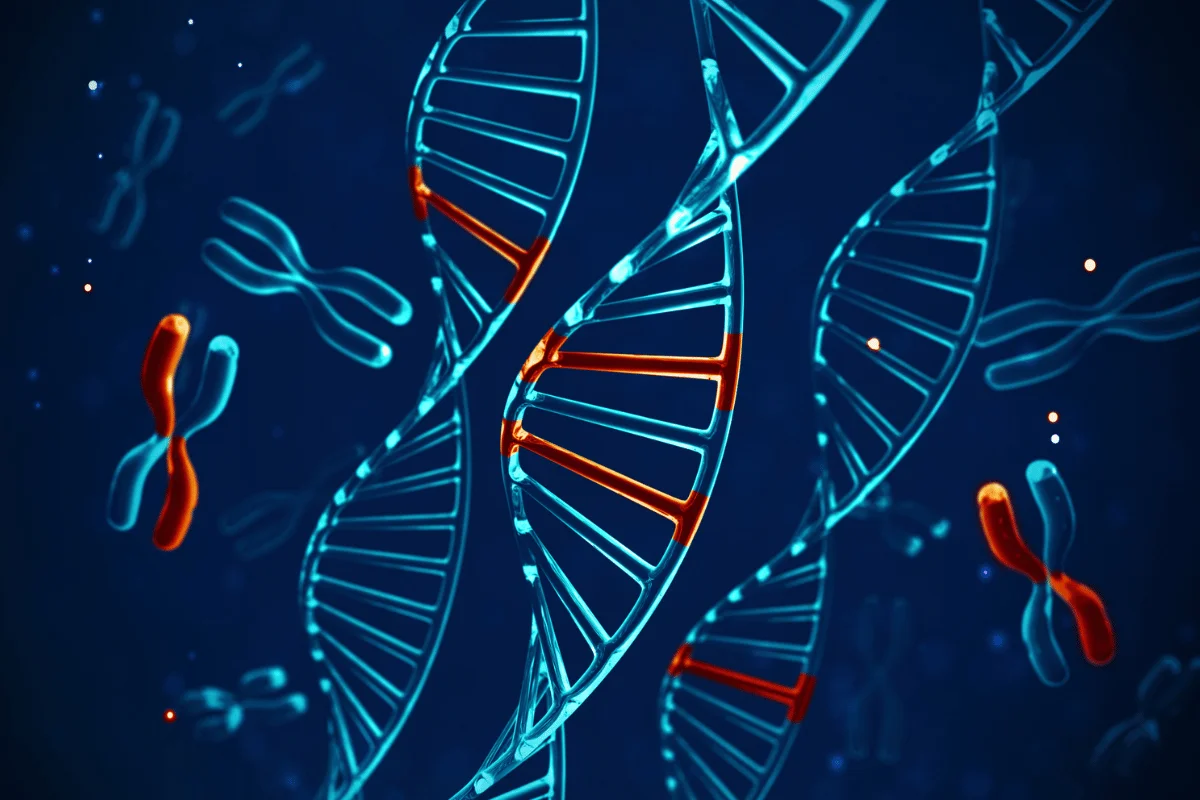
Safety Tips for Using Peptides for Sexual Health
To play it safe, here are our top tips:
- Consult a Healthcare Professional: Work with a doctor experienced in peptide therapy to determine if it’s right for you.
- Start With Low Doses: Begin with the lowest effective dose and increase gradually if needed.
- Use Reputable Sources: Only purchase peptides from licensed compounding pharmacies or trusted suppliers like Biolongevity Labs.
- Follow Proper Administration: Learn correct injection techniques or use them as directed by your healthcare provider.
- Monitor for Side Effects: Keep track of adverse reactions and report them to your doctor.
- Combine with Lifestyle Changes: Use peptides as part of a holistic approach that includes diet, exercise, and stress management.
- Avoid Self-Diagnosis: Don’t attempt to treat underlying health conditions without proper medical guidance.
- Be Patient: Finding the right peptide and dosage for your needs may take time.
Take it slow, and let peptides stoke your inner fires.
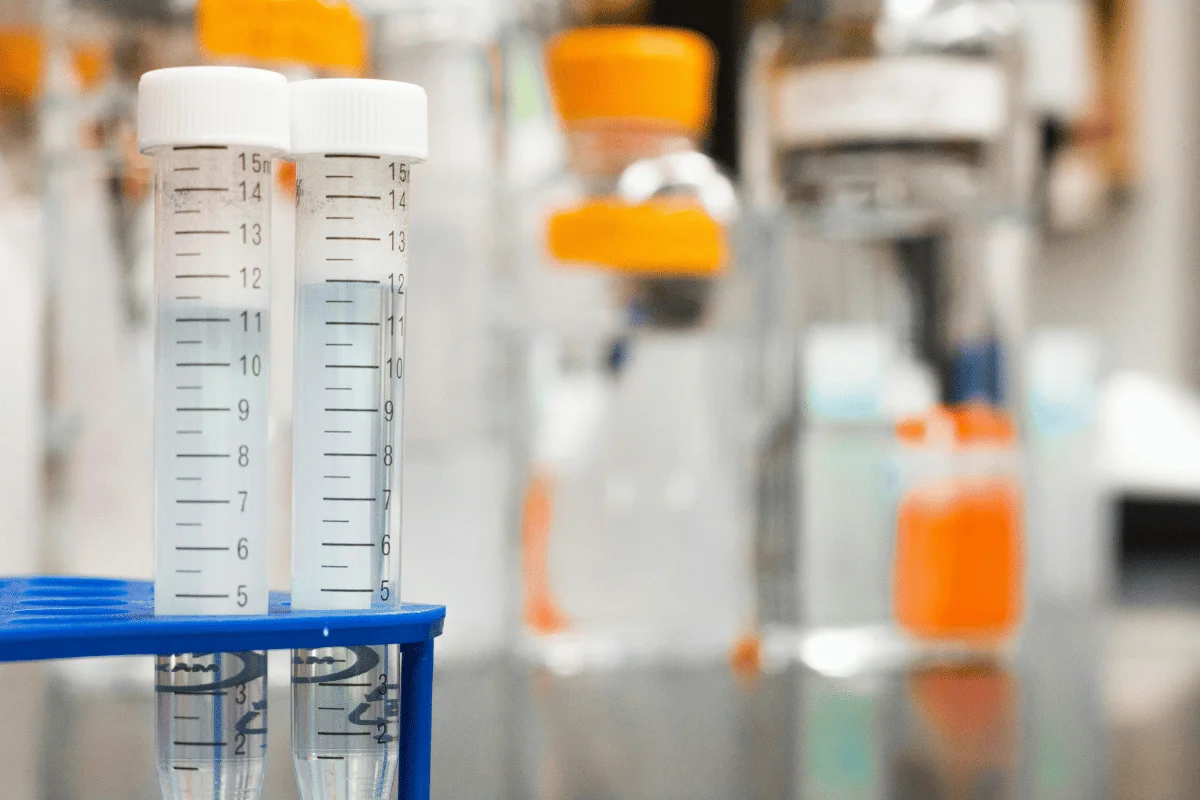
Frequently Asked Questions (FAQs)
Let’s address some common questions about using peptides for libido enhancement:
How Long Do Peptides Take to Improve Libido?
Depending on the peptide, effects can kick in within minutes to hours and vary from person to person. Most users notice increased desire, arousal, erections, and climax potential within 1-5 doses over a few weeks.
Do Peptides Have Any Long-Term Side Effects?
Unlike medications that force chemical reactions, peptides work directly on natural pathways in the brain and body. So, when used correctly under medical guidance, lasting issues are very rare.
Long-term safety data is limited, though. More research is needed to fully understand the long-term safety profile of peptides for sexual health.
Can I Combine Peptides with Other Libido Supplements?
Yes, peptides stack well with many natural aids, such as maca, ginseng, tribulus, yohimbine, and DHEA, to further improve sexual function.
But avoid mixing peptides with prescription meds before seeking medical guidance.
Are Peptides Legal for Libido Enhancement?
The legality of peptides for libido enhancement varies by country and specific compound. In the United States:
- PT-141 is FDA-approved for hypoactive sexual desire disorder in women (as Vyleesi)
- Many other peptides are legal for research purposes only
- Some peptides may be prescribed off-label by physicians
Always buy peptides through legal channels and under medical supervision.
Conclusion – Best Peptides for Libido
If your sex drive could use a passionate pick-me-up, peptides unlock the door to enhanced desire and sensual satisfaction.
Studies confirm peptides increase libido, erections, arousal, and climax in both sexes — often better than popular medications but with fewer side effects.
Best of all, you can customize mixes to target your specific symptoms and shortcuts to pleasure. Whether you want to last longer, feel more, or have explosive orgasms, peptides check every box.
Always start low, go slow, and track your body’s responses. Now go play!





